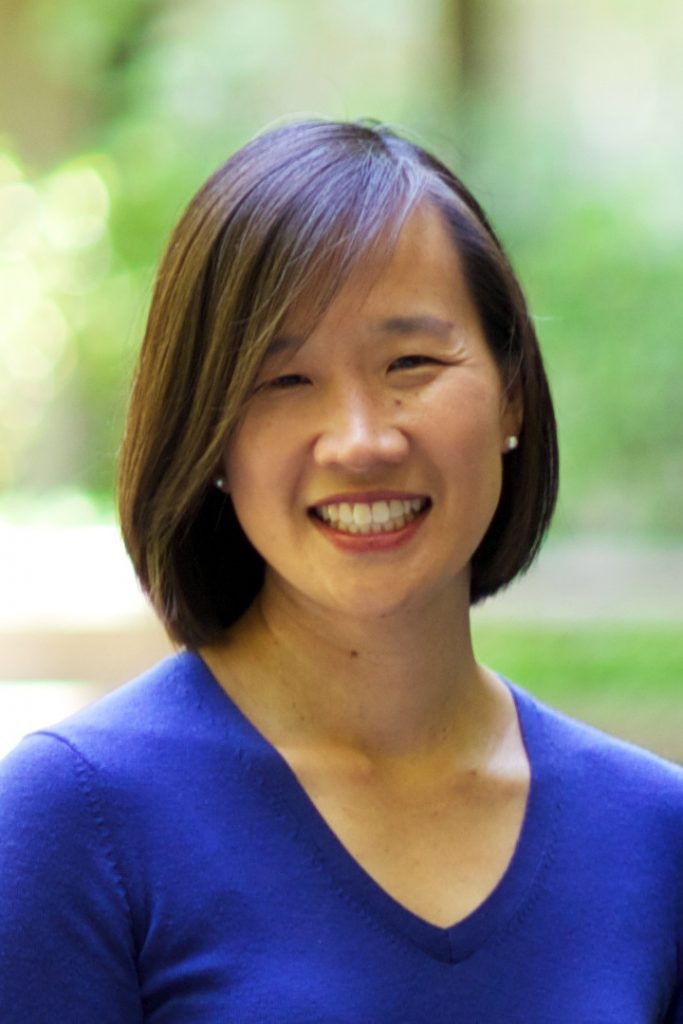
In October 2020, it was announced that Joy Wu, MD, PhD, has been appointed as vice chair, Basic and Translational Science, Department of Medicine, at Stanford University School of Medicine, Stanford, Calif.
In this new role, Wu will provide leadership and vision to further the basic science research mission in the department. Wu is a board-certified endocrinologist who specializes in treating women and men with osteoporosis and other bone diseases. She has a special interest in treating those at risk of bone loss from cancer therapies.
“Physician-scientists serve a unique and valuable role in biomedical research,” Wu says. “I am thrilled and honored by this opportunity to support the amazing research being done by our faculty in the Department of Medicine, with an emphasis on diversity and team science.”
As associate professor of medicine (endocrinology) at Stanford University School of Medicine, Wu directs a broad basic and translational research program that focuses on skeletal development and the bone marrow hematopoietic niche. Her laboratory is currently studying stem cell therapies for bone formation, and the prevention of cancer metastases to bone.
Wu is also the co-director of the Stanford Translational Investigator Program, which aims to recruit and mentor physician-scientists. She is passionate about training the next generation of physician scientists.
Wu currently serves as a leader on the Endocrine Society’s Board of Directors where she works on initiatives that impact our members and the global endocrine community. She has also served as co-chair of the Trainee and Career Development Core Committee, and on the Leadership Development Task Force and the Publications Core Committee, where she chaired the search committee for the editor-in-chief of Endocrinology.
Editor’s Note: Wu wrote “Twitter and the Endocrinologist’s Response to COVID-19,” a very in-depth article for the July 2020 Endocrine News that detailed how endocrinologists — both scientists and clinicians — have been using Twitter to great effect during the COVID-19 pandemic.

